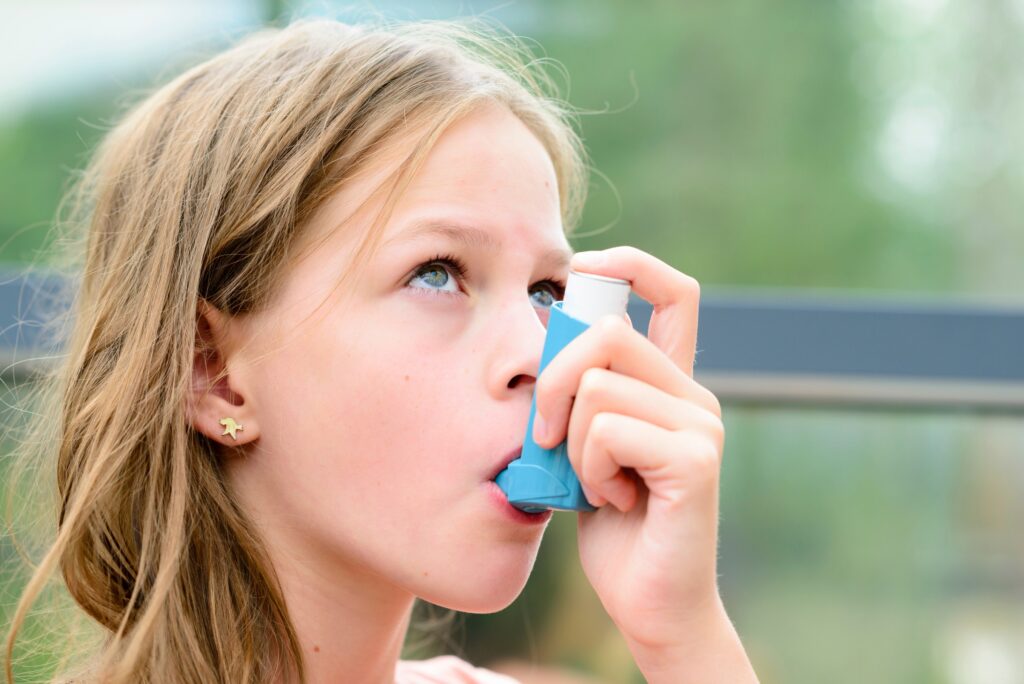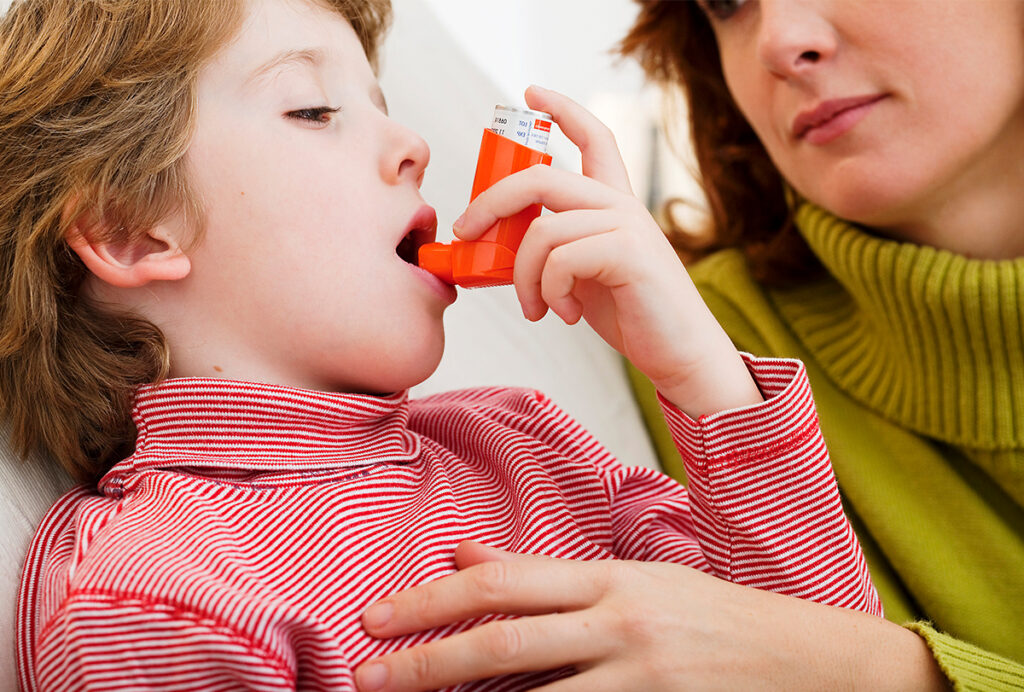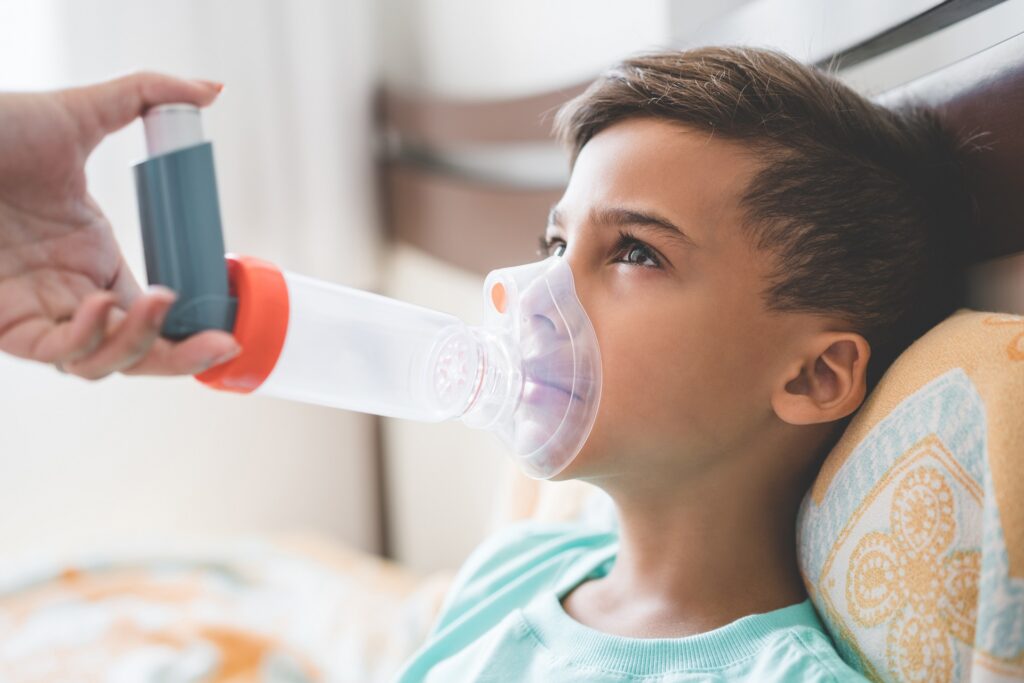Asthma Control: Treatment Strategies for Ages 4 Years and Older

It’s natural to feel stressed about taking care of your child’s asthma as it is considered a chronic disease. Asthma causes inflammation and narrowing of the airways. It’s possible that this could lead to wheezing, coughing, and chest pain. An asthma attack or flare-up occurs when these symptoms become more severe than usual.
In most cases, asthma develops in kids before they turn 5. Asthma is the most prevalent chronic illness in kids today. It can lead to kids missing school and perhaps being in the hospital. However, asthma can be controlled by following some simple strategies that we are about to discuss.
Understand Asthma

Knowing what to do on a daily, weekly, monthly, and yearly basis is essential for managing your child’s asthma. Know why you’re doing what you’re doing as you log symptoms and make changes to your treatment.
Parents and caregivers must learn about the many asthma treatments available and how they function and take note of any increasing asthma symptoms and make a note of them. If your child’s asthma worsens, you should know what to do.
Keep Track of Symptoms
To ensure your child’s asthma treatment effectiveness, create a documented asthma action plan with their doctor based on their symptoms. This plan outlines the steps to keep asthma under control and should be shared with caregivers like nannies, teachers, and coaches.
As for therapy, How often should a child see a therapist depends on the child’s specific needs and the therapist’s recommendations. Regular check-ins are vital for effective therapy progress and support.
Benefit from The Plan by Monitoring Closely

Monitor the frequency of your child’s asthma exacerbations and evaluate how well symptoms are being managed with medicines. Take note if there is trembling, irritability, or sleeplessness as a result of your prescription.
Knowing how to recognize symptoms that could mean you need medical assistance is also important. Monitoring their asthma treatment closely can help them get better control of their condition and enjoy a higher standard of living.
Saving money on medication can be difficult, so anything that can help, like a free Flovent coupon, is worth looking into. Your child’s health and well-being should always come first, so make sure you’re well-informed and get professional help if you need it.
Take Care of Asthma Triggers
Avoiding asthma triggers is a crucial aspect of managing your child’s asthma. Different children have different asthma triggers. Consult with your kid’s physician to determine potential triggers and how you may assist your child in avoiding them. Asthma is often triggered by:
- Common colds and other respiratory illnesses
- Dust mites, pollen, and other allergens
- Contact with Cockroaches
- Airborne irritants like cigarette smoke
Discovering the distinguishing factors between asthma and allergies can lead to improved asthma control.
Asthma’s Defining Feature: Keep to The Strategy

The best way to keep your child’s asthma under control is to adhere to and regularly update his or her asthma action plan. Keep close tabs on your child’s asthma symptoms and act swiftly to adjust his or her medication if necessary.
Your child’s need for medicine to manage symptoms will be reduced, and the severity of attacks will be reduced as well if you respond fast. Your child’s asthma can be managed well so that symptoms are kept to a minimum.



